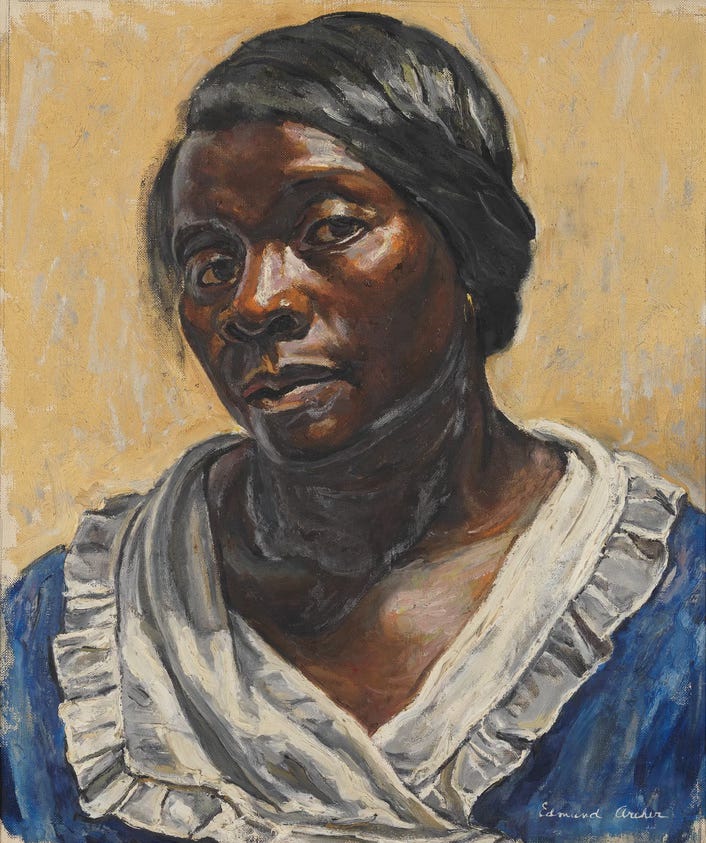I think I made something new. But first, a little backstory.
I’ve been writing poetry in one shape or another since middle school. Those first poems, if you could even call them that, were filled with early-90s rural angst, informed by too much solitary brooding with Pretty Hate Machine and The Low End Theory on repeat1.
That continued through high school, where teachers and kind librarians encouraged me, and into college, where I took two upper level poetry classes2, bypassing prereq intros by pleading with the professor — “Fine. You can stay, but I guarantee you won’t get an A.” (She was, of course, correct. I barely got a C.)
Post-college I began a practice of observational haiku (technically senryū), that eventually turned into Haiku Pickup Lines. And now I’m working on Volume 2, and simultaneously returning to not pickup line haiku with an eye toward a collection.
Within the last two years, my wife and I have started Poets Live, transitioning an occasional poetry open mic at a friend’s bar into something more regular, nomadic, and intentional. We’ve both self-published, and been generously invited into collaborations, public readings, and community by our city’s Poet Laureate. We’ve joined the Poetry Society of South Carolina, the nation’s oldest state poetry society. And we’ve continued hosting a monthly fireside writers’ group, that has grown in diverse voices, depth, and value.
But despite that nearly-lifelong journey, I feel like a relative newcomer to poetry as a more serious, or at least more consistent, pursuit. So obviously the logical next step is trying to make a new poetry form.
Diction follows form
As an avowed amateur poet, I admit I haven’t explored many forms yet. I’m a formless free verse writer (jazz, baby!), apart from haiku. But there are an alarming amount of forms a poem can take, from sonnets to limericks, odes, ballads, acrostics, and a bunch of other forms you never even knew existed. (The Poetry Foundation has a fantastic primer on poetry and form that’s worth your time.)
A conversation about music genres at writers’ group this month made me think about the structure of the traditional twelve-bar blues framework. If you’ve ever heard a blues song, you’ve heard the twelve-bar progression3.
If we were playing in the key of E, the basic progression is:
E E E E
A A E E
B A E B
In music notation, the “Nashville Number” system maps chords to numbers based on their distance away from the root note. So in number form, our blues in E progression looks like this:
1 1 1 1
4 4 1 1
5 4 1 5
So what if we took the twelve-bar blues progression and made it a syllable pattern for a poetry form? Three lines, twelve words, each either one, four, or five syllables, leaving repeated words at the discretion of the poet (after all, repetition is a core feature of the blues).
This was my first attempt. I chose music as the topic for obvious reasons.
Raise the Dead
This dude plays mean horizontal geometry with feel. Apocalyptic necromancy and electricity.
I sent a first draft4 to my buddy Lee, my eternal compatriot in all things poetry and guitar, and his immediate response was “American Haiku” which I appreciated on so many levels, because the blues are a distinctly American artform.

Easy to play, hard to feel
Blues is an African-American music genre, originating in the Deep South nearly 160 years ago, blending spirituals, chants, call-and-response patterns, and field work songs. And while haiku is Japanese, and rooted in the strict 5-7-5 syllable pattern, the word has become increasingly synonymous with short poems as well. In both cases, there is a distinct, repeatable rhythm and groove.
American Haiku is a clever name, but patriotism is at an all time yeesh, and I can’t pass up a good rhyme, so I think I’ll go with Blues Haiku. (It’ll sound better for the inevitable book cover. Blues Haikus: Volume 1 is already taking shape in my Notes app.)
Give it a try! Leave one in the comments. As always, I’d love to read your poems.
This is a perfect encapsulation of Venn diagram musical upbringing. My uncle had an extensive record collection of classic rock — “This is Little Feat, this is why you should like Little Feat”. I listened to metal, hiphop, and RnB. I studied liner notes, and bought albums based on producers and studio musicians. I remember buying Pantera’s Vulgar Display of Power, Sade’s Love Deluxe, Alice In Chains’ Dirt, and Das EFX’s Dead Serious on the same day. I was 13? God, I was bored and so grateful for music.
I still remember a line from one of my classmates, writing about his family experience — “my father’s body in a bag, 1986. Or was it 1987?” — and being emotionally upended at the thrift of language that contained that much life.
I’m Your Hootchie Coochie Man, The Thrill is Gone, Statesboro Blues, Pride and Joy, trust me, you know this song. Here’s a good Spotify playlist of 12-bar blues across a bunch of blues, jazz, and other genres, including the original Batman tv show theme.
I somehow forgot my equally amateurish musical knowledge when I first scribbled down the idea for this form and wrote the first line as 1411 which led to my original opening — “This motherfucker plays mean.” I didn’t realize my mistake until after I shared Raise the Dead at an open mic last night. Thankfully this lets me save “motherfucker” for the just right four-syllable word in a future poem. ;)





New favorite phrase: “patriotism is at an all time yeesh.”